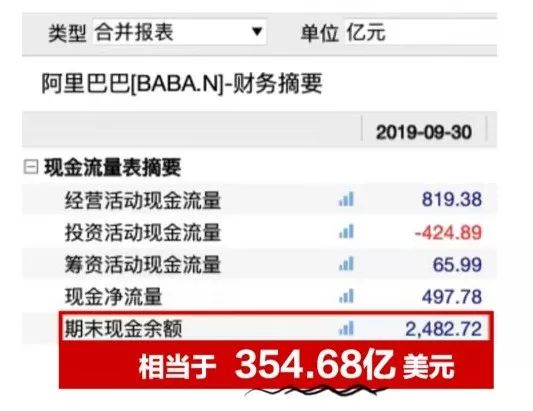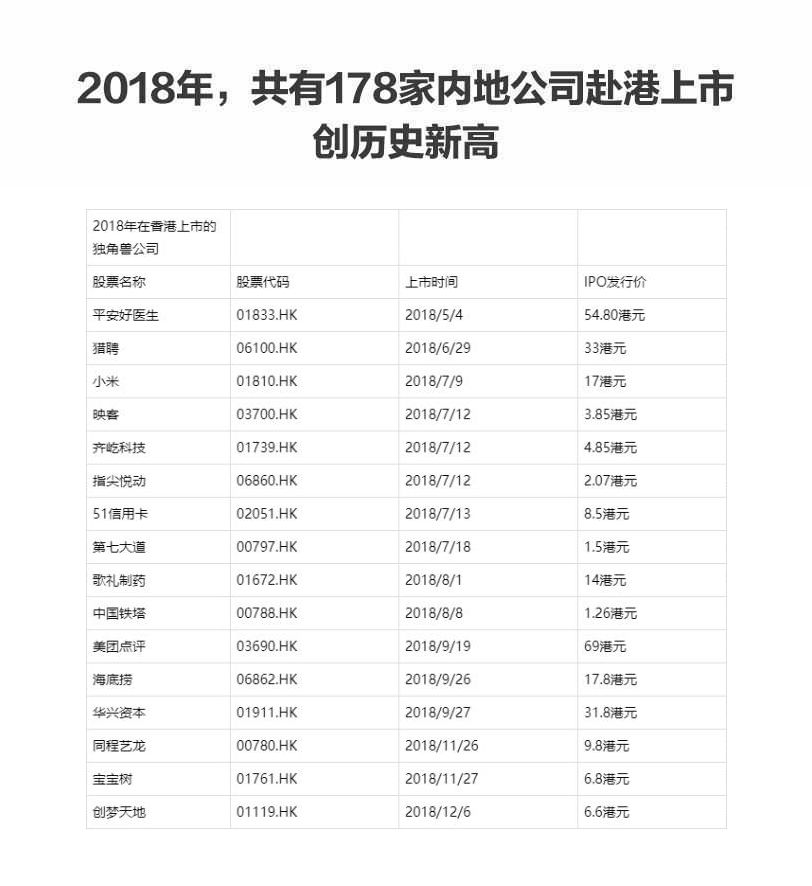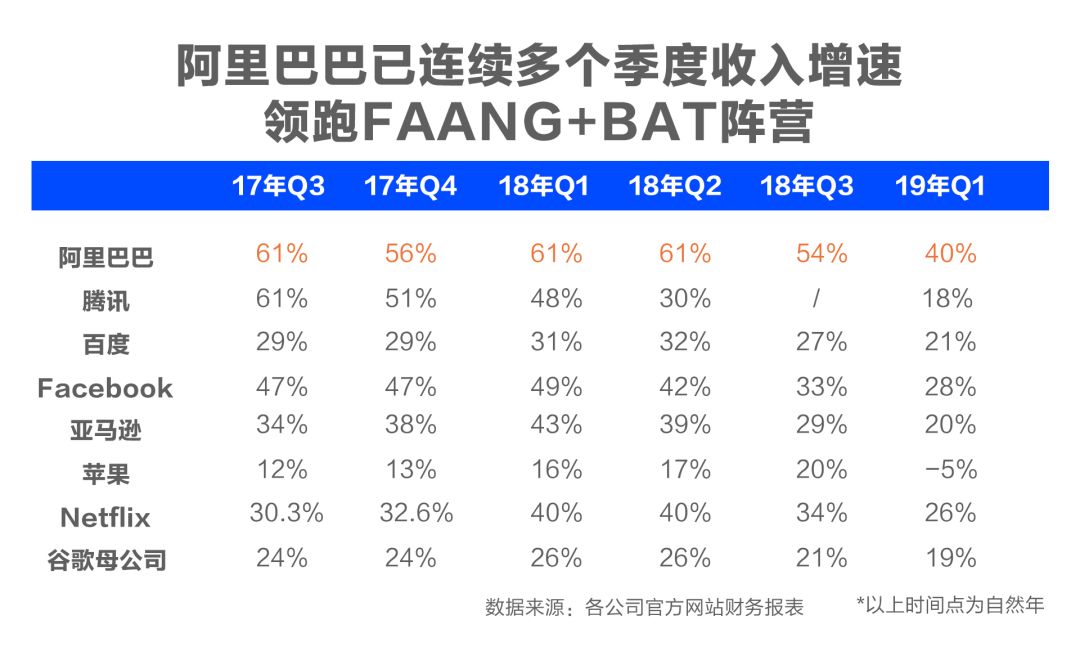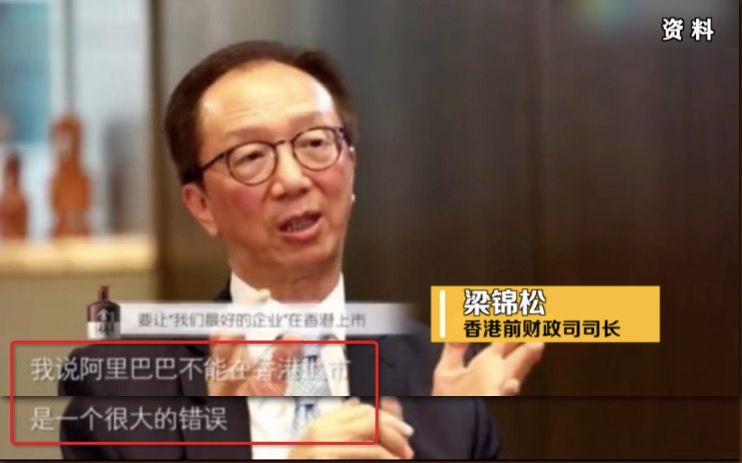Why is Ali, who is not bad at money, listed in Hong Kong twice?
Editor’s note: This article is from WeChat public account “Tech Planet” (ID: tech618 ), author Jia Ningyu.
The boots finally landed.
Tech Planet (WeChat ID: tech168) was informed that on the evening of the 13th, Alibaba Group submitted a preliminary prospectus document on the Hong Kong Stock Exchange website to officially confirm the Hong Kong IPO.
According to the disclosure, Alibaba Group plans to issue 500 million new shares of common stock through the global offering and list on the main board of the Hong Kong Stock Exchange. It is expected to be priced as early as November 20, Hong Kong time.
As a result, Ali will be the first Chinese Internet company to be listed in both Hong Kong and New York.
Hong Kong is one of the top three financial centers in the world and is the first choice for listing in Ali. As early as 2014, Ali was prepared to go public in Hong Kong as a whole, but because of the “shares of the same rights” rules of the Hong Kong Stock Exchange, Ali had to travel to the United States, but it also created the largest IPO record for US stocks. When Ma Yun knocked on the clock in New York, he said, “As long as conditions permit, we will come back.” Now, Alibaba has become the only Chinese company in the top 10 companies with the highest market capitalization in the US capital market, and the reform of the Hong Kong Stock Exchange also sweeps. Cleared the institutional barriers.
For the eight key issues that Ali returned to Hong Kong, Tech Planet (WeChat ID: tech168) interviewed a number of industry authorities, and summarized the following.
1. Ali is listed in the US, how can it be listed in Hong Kong again?
This situation is called Dual Listing, which refers to a company listed on two stock exchanges at the same time. In fact, it is quite common: ICBC, CITIC Bank, Vanke, etc. are listed in A shares + Hong Kong stocks.
There are also companies listed in Hong Kong stocks and US stocks: In August 2018, biotechnology company Baekje Shenzhou became the first company listed in Hong Kong and the United States. In fact, as long as the rules of the exchange and the strength of the company allow, the listing of 3 places, 4 places…N can be. However, there is currently no Internet company listed in Hong Kong stocks and US stocks at the same time. If Ali is listed, it will become the first in the industry.
2. Why do companies choose to go public in two places?
Because different stock exchanges have their own specific investor groups, multi-listing can help companies expand their shareholder base and increase share liquidity; it also helps to increase the company’s reputation in the region.Degree, promote product promotion.
However, if there are multiple listings, the company needs to comply with legal, accounting, and regulatory rules in various places, including information disclosure. In the short term, the company will put more energy into it, but in the long run, these Higher requirements will also promote the company’s international management and management.
3. Why would Alibaba listing in Hong Kong?
It is not an accident to list in Hong Kong. This is an agreement that has been made long ago. In 2013, when the Ali Group considered the overall listing, the preferred place to be listed was Hong Kong. It was only at that time that the HKEx considered that Ali’s partner system was “different in the same stock”. Ali had to choose to go public on the NYSE, but also created The largest IPO record of US stocks.
Ma Yun once said: “On the day of going public in the US, I said that as long as conditions permit, we will come back. This idea has not changed.” In April 2018, the Hong Kong Stock Exchange carried out “the most important Hong Kong market in the past 25 years.” “A reform of the listing mechanism” will no longer entangle the “different rights of the same shares.” Then there was the rumor that Ali returned to Hong Kong until the boots fell.
In January 2019, at the inauguration ceremony of the Zheshang Federation of Hong Kong, Ma Yun responded to Ali’s listing in Hong Kong and said that we will seriously consider Hong Kong and hope to participate in the Hong Kong financial market and build it into a new city. The second largest financial center.
In addition to this, another important reason for Hong Kong’s listing is Ali’s globalization strategy. Southeast Asia and South Asia are the battlegrounds for the next stage of globalization. Nearly half of the world’s population is here, and Ali has a long-term layout: Lazada, PayTM… listed in Hong Kong, will become a rocket to promote Ali’s globalization. fuel.
4. Why did Alibaba choose to go public at this time?
This didn’t find more information, but it didn’t feel like it was deliberately chosen. This can be seen from the media reports in the past few months. As early as the beginning of 2018, when the Hong Kong Stock Exchange moved to reform the “different rights of the same shares,” there were rumors that Ali would return to Hong Kong stocks, and then a similar voice was in constant stream. After all, a large-scale company needs a process from preparation to landing.
5. Is it because Alibaba is short of money when it returns to Hong Kong?
Listing is financing, but it is obviously not the purpose of Ali: Ali is not short of money.
At the beginning of this month, Ali announced the second quarter financial report for the fiscal year 2020: Alibaba’s total revenue for the quarter was 119.02 billion yuan, higher than market expectations, up from 85.15 billion yuan in the same period last year, up 40% year-on-year. The monthly active mobile users reached 785 million, which is higher than the market estimate of 752.4 million…

In addition to business growth, liquidity is also very strong: net cash generated from operating activities was 47.326 billion yuan ($6.621 billion), free cash flow was 30.48 billion yuan ($4.265 billion), and cash and cash equivalents totaled 2,341. Billion yuan ($32.7 billion). In the business segment that supports the future imagination, cloud computing revenue growth rate reached 64%, and orders in Southeast Asia business doubled.
In addition, just past the Tmall double 11, the trading volume of the day was 268.4 billion yuan, which is a record of no suspense.
6. What is “different rights in the same stock”?
“Share the same shares” means one share, one vote, who has more stocks, and who has the right to vote. “Different shares in the same stock” divides the stock into high and low voting rights, and the economic returns are the same, but the voting rights of the high voting rights are higher. The stock holders with generally high voting rights are the founders of the company. The earliest countries that implemented the “different rights of the same stocks” were the United States, especially Internet companies. Typical representatives were Google and Facebook.
At that time, the Hong Kong Stock Exchange’s system did not accept “the same rights and different rights”, and found that Ali’s “partner system” also belonged to this category, so did not accept Ali. However, Alibaba responded at the time that “we have never proposed a dual-ownership scheme.” A typical dual-equity structure allows those with higher voting rights to enjoy voting on any matter in the company. This right, and our program fully protects the important interests of shareholders, including the right to elect independent directors without any restrictions, major transactions and voting rights of related party transactions.”
7. Why does the HKEx do the reform of “the same rights and different rights”?
A large number of technology companies use the same rights and different rights. “The world’s exchanges are vying for these excellent companies,” and the HKEx’s previous policies have directly rejected these companies. The data show that the new economic industry companies listed in Hong Kong in the past decade accounted for only 3% of Hong Kong’s total market capitalization, compared with 14% in the London Stock Exchange, 47% in the New York Stock Exchange and 60% in the Nasdaq. .
In recent years, Hong Kong’s capital market has been reflecting on it, thinking that it is a huge loss with Ali’s “missing arm” and missed the five years of gold growing in Ali. Many former officials of Hong Kong’s former Financial Secretary, Mr Antony Leung and the CEO of the Hong Kong Stock Exchange, Li Xiaojia, have repeatedly expressed their regret that Ali has not been listed in Hong Kong.
8. After the reform of the Hong Kong Stock Exchange, what impact does it have on mainland enterprises?
The most immediate impact is that a group of technology companies that could only be listed in the US can now be listed in Hong Kong.



